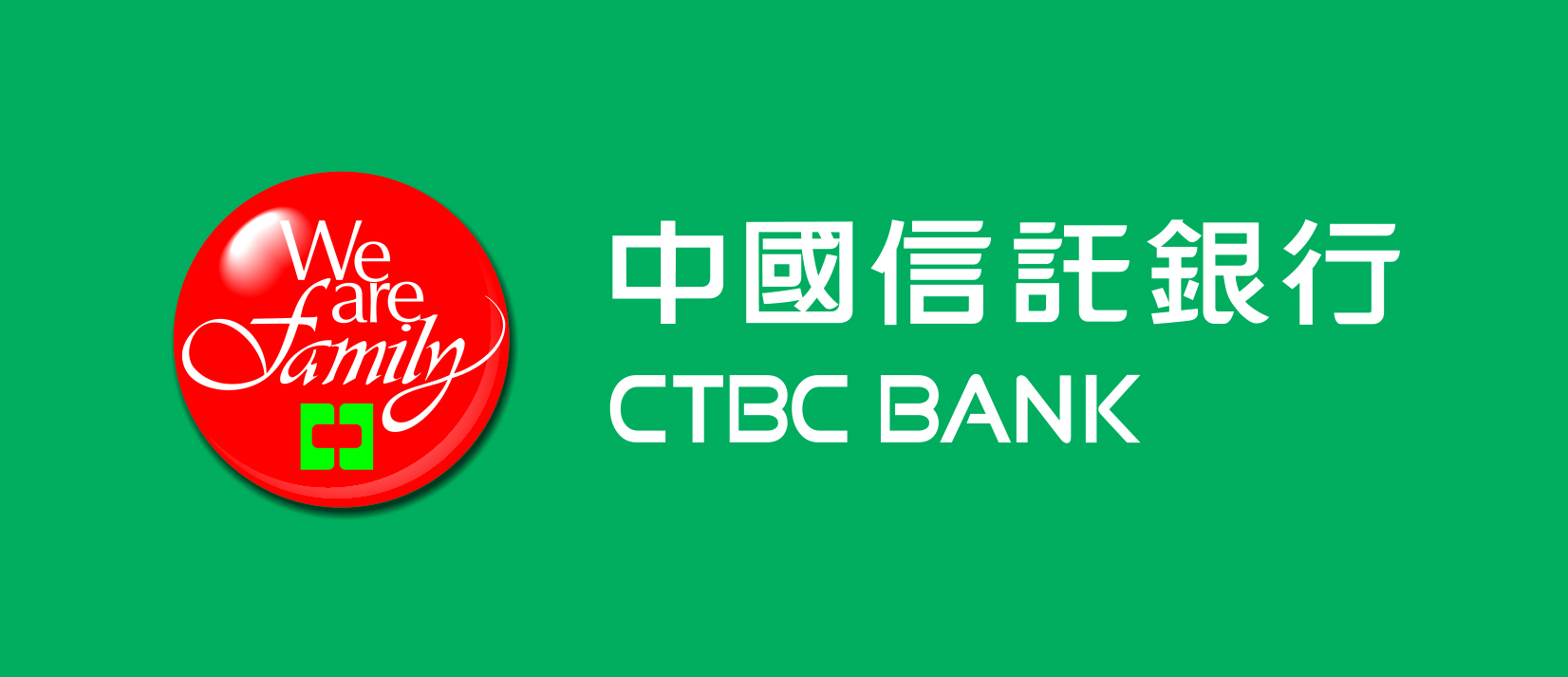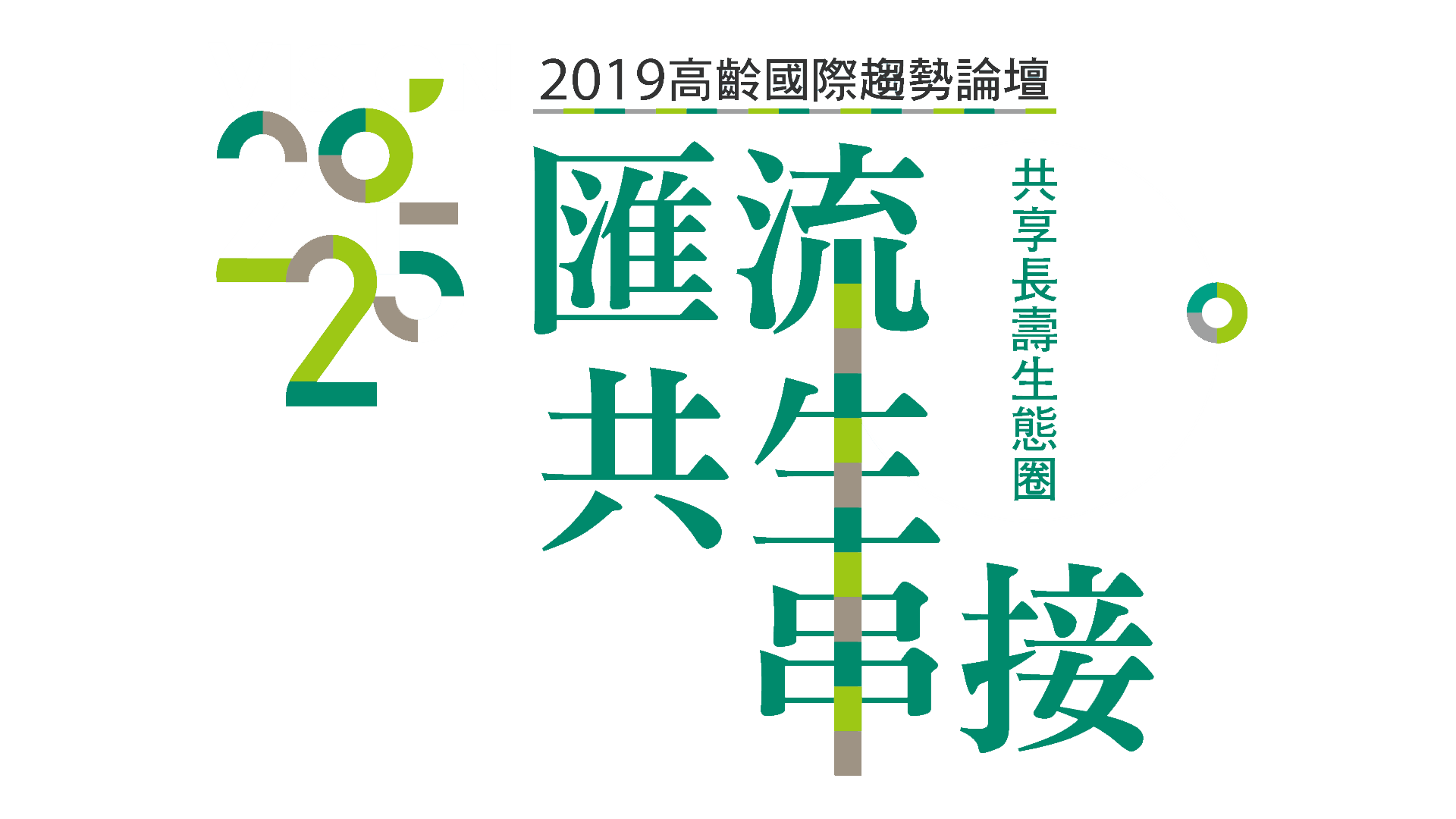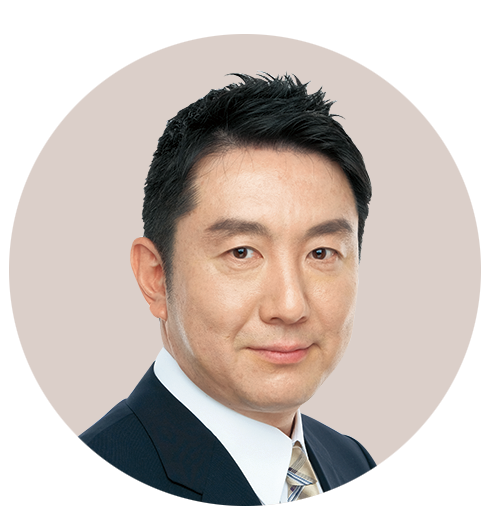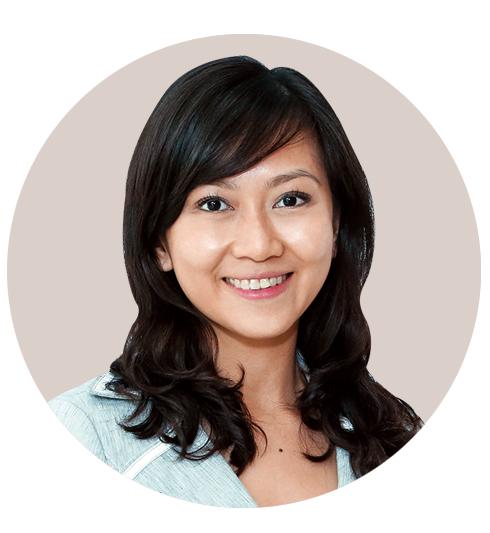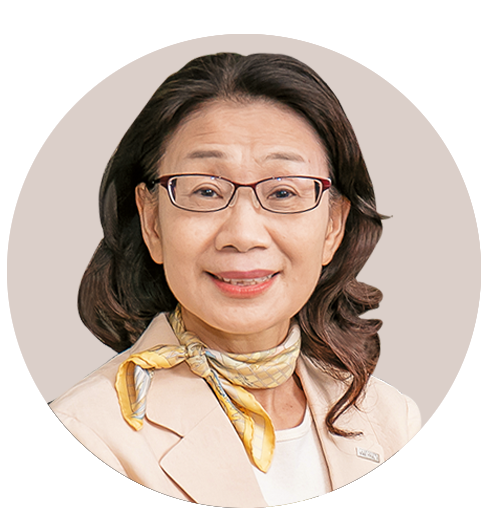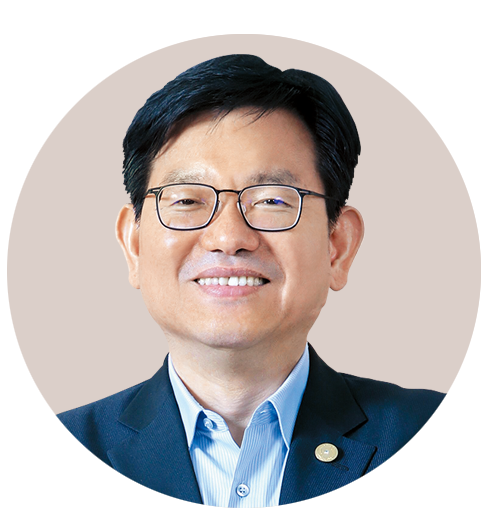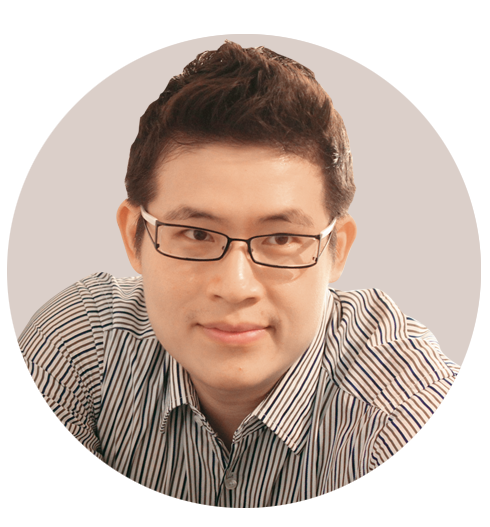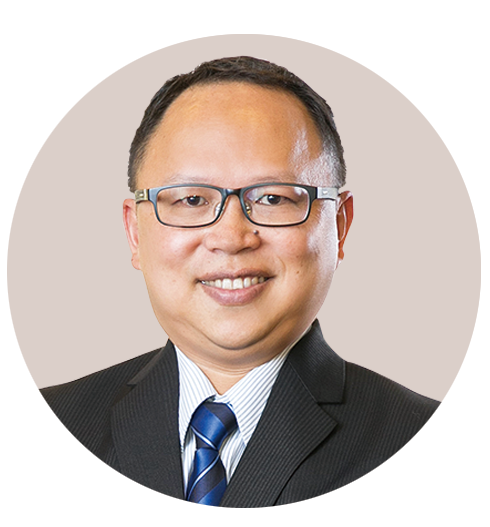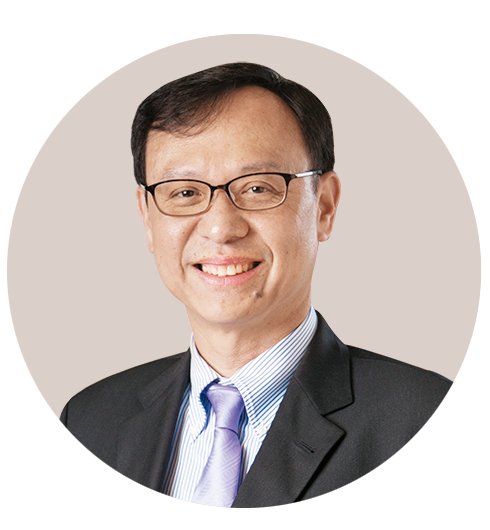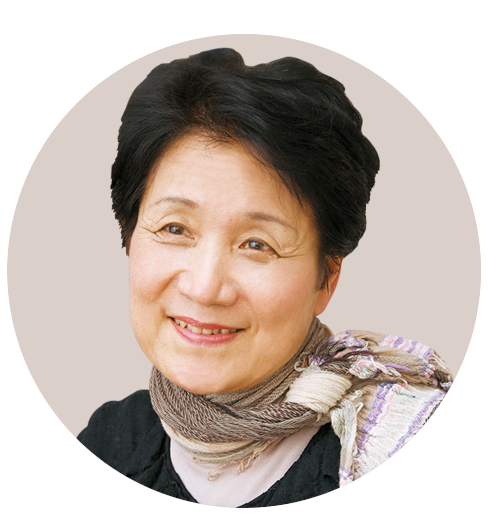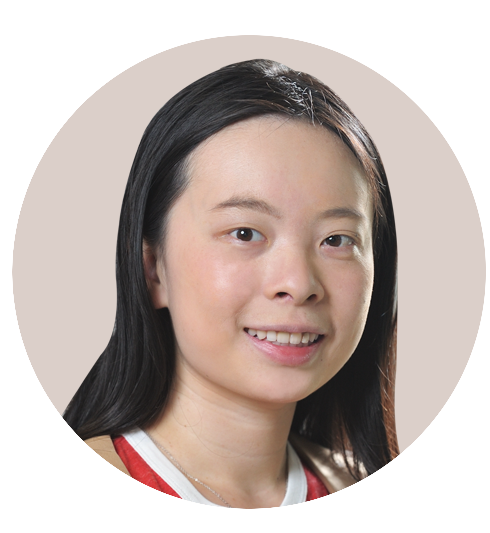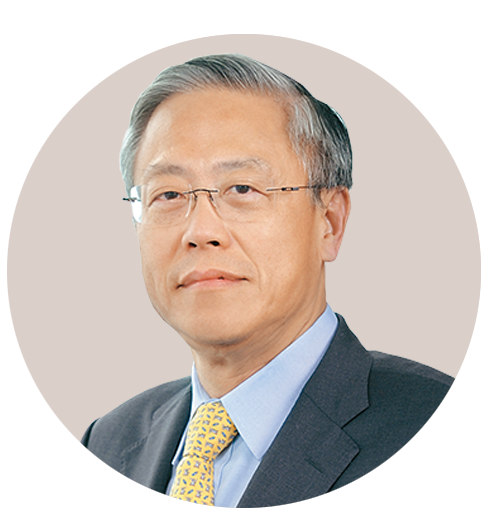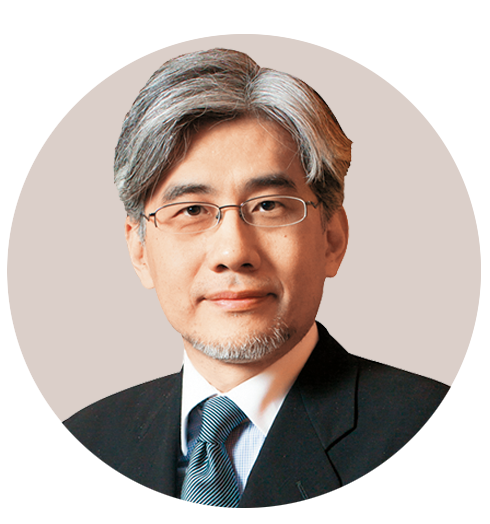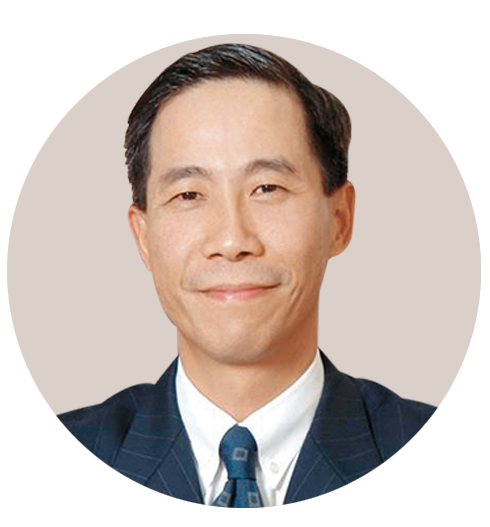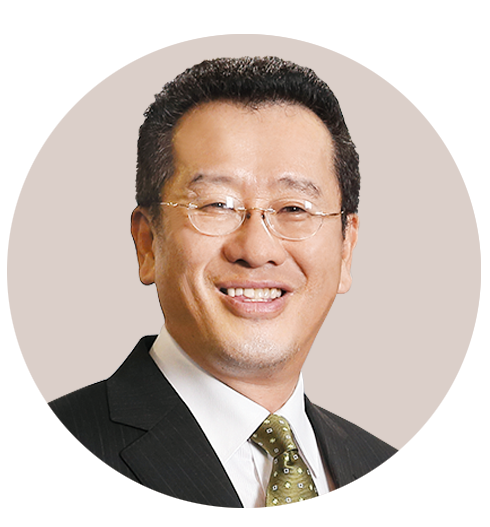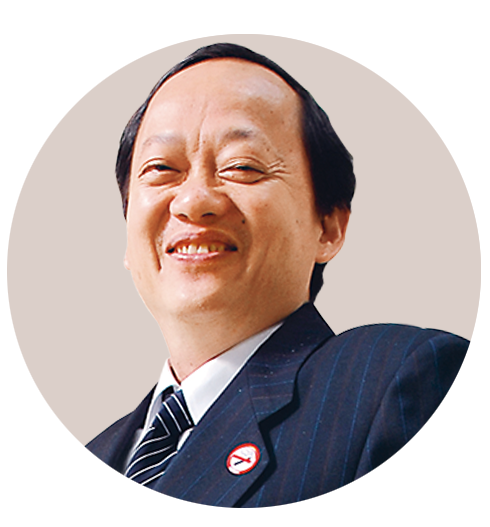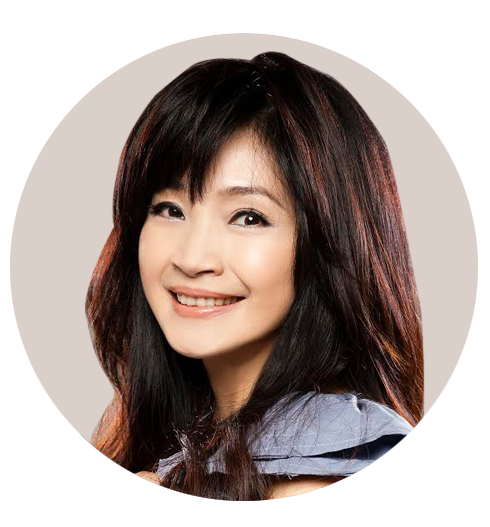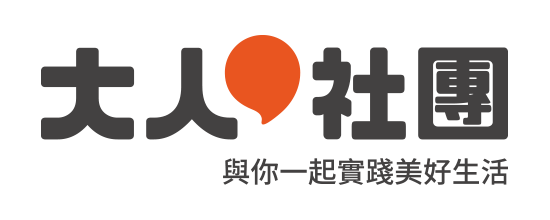About Forum
Vision and Missions
•Guide Taiwan’s policies on aging, get Taiwanese society ready for the future
•Share the methods, observations and insights of silver economy pioneers; bring together policymakers from different countries, companies, NGOs and groups doing innovative research on aging and create a platform for them to exchange ideas
•Propose new development models for senior services from Taiwan’s perspective, spur progress in related sectors
• Help forge a consensus among all generations on new social values to address the coming of a “super-aged society”
Agenda Overview
The trend toward longer life expectancies is bound to affect every business and sector in the 21st century. From medicine, health care, financial services, insurance, and transportation to housing, pharmaceuticals, food, and entertainment, they have all felt the impact of an aging society, declining birth rate and shifting population structure. How the government and companies deal with these trends will decide the future of the country and its businesses. How can the aging trend be turned into an asset? How can longer living create markets and drive economic growth? These have emerged as major issues many countries can no longer ignore.
The biggest challenges facing businesses catering to seniors is being able to see opportunity but not knowing how to get involved; or having the necessary product hardware but lacking the “software” – the knowledge, applications or designs – to bring it to market. Or, they may have the software but lack the ability to meet potential customers’ actual needs, or they have solved one part of the equation but need help broadening their product or service’s appeal. In such circumstances, how can technologies converge? How can businesses upstream and downstream in the value chain work together for their mutual benefit? How can companies in different sectors link up?
This year’s International Trends in Aging Forum is determined to answer those questions and address those pain points.
We have gathered business, academic and government leaders from around the world to offer integrated solutions that will help companies in the senior services sector converge, collaborate, connect and create together.
Forum Highlights
• Stimulate new thinking on the opportunities associated with long life and aging around the globe
• Initiate a global dialogue on aging and make long life synonymous with economic growth and progress
• Identify new commercial and policy models for the silver economy
• Provide a platform for companies from different sectors to connect and respond to opportunities brought by an aging society and to propose innovative approaches and solutions
Agenda
Topics / Speakers
Yoshifumi Takayama
Representative Director, TOS Co. Ltd.
Keynote Speech 1 :
Growth Strategy for Japan’s Aging Society
Seniors have an abundance of knowledge, wisdom and experience. How can the value of these assets continue to be harnessed for the benefit of society, companies and the seniors themselves? What opportunities and challenges do these consumers of care services present to businesses? Yoshifumi Takayama, the founder of TOS, a consulting firm that helps governments, foundations and companies set welfare and long-term care strategies, will share Japan’s experience in this area.
Keynote Speech 2 :
The Singapore Experience: A US$330 Million Asia-Pacific Silver Economy Business
An aging market economy boom is expected from 2020 to 2025, presenting a big opportunity. Seeing a shift in market demand, businesses are including aging demographics as one of the key considerations for their business strategies. Using case studies from Singapore, Hong Kong, and Australia, we discuss where there are gaps in the sector, the opportunities presented, and future trends for successful aging in the Asia Pacific.
Sylwin Angdrew
General Manager, Ageing Asia
Keynote Speech 3 :
The Strong Convergence between the Precision Machinery and Health Care Sectors
Taiwan’s medical care and precision machinery sectors are renowned throughout Asia and the world. How can their strengths converge to create new value for care facilities – hospitals, nursing homes and day care centers – and satisfy the needs of Taiwan’s aging society? Hiwin Technologies has worked closely with the medical care sector in recent years to develop applicable products, such as rehabilitation robots for the lower limbs and a robotic arm to support an endoscope developed with Show Chwan Hospital.
Keynote Speech 4:
Value Innovation in the Smart Health Cloud
At a time when traditional health care resources are inadequate, there is an urgent need for new care models that can improve the efficiency of medical care. The Chunghwa Telecom’s “Personal Health Record” cloud relies on a “one cloud, multiple screen” concept to compile an individual’s mobile, home, community and hospital health records. This system has helped care units integrate applications and accelerated the creation of a medical care ecosystem.
Jung-Tzu Lin
General Manager, Business Group Chunghwa Telecom
Kevin Yang
Founder, 5% Design Action
Keynote Speech 5 :
Innovating Services through Design in the New Era of Aging
5% Design Action works with public agencies and companies in many industries to help them innovate and get a foothold in markets serving seniors. It offers innovative solutions in this new era of aging for such markets as residential design, architectural spaces, home services, apparel, food, tableware and even travel.
Keynote Speech 6 : Global Business and Investment Opportunities in Aging Markets
Allianz Global Investors offers the latest international investment insights and looks at new commercial and investment opportunities that aging trends will bring to the global economy and business development. It will also point to possible risks to be aware of.
Johnson Hsu
Head of Overseas Investment, Allianz Global Investors
Chung-liang Shih
Director, Department of Medical Affairs, Ministry of
Health and Welfare
Keynote Speech 7 :
For Love’s Sake, Deciding How to Say Goodbye – Looking at Asia’s First ‘Patient Right to Autonomy Act’
Everyone wants to leave life with dignity, leaving only love and good memories to their families. Therefore, You don't have to wait until you are old enough to say some things and some words, especially how to decide your own right to life. You should discuss it with your family as soon as possible. Chung-liang Shih, Director of the Department of Medical Affairs, Ministry of Health and Welfare, will analyze how significant the Asia's first Patient Autonomy Act is and share how the Act solves the life and death problems and don’t leave regrets to family members.
Keynote Speech 8 :
Community End-of-life Care – A Positive Alternative
If one is ill or constantly in pain toward the end of one’s life, are there options more reassuring and suitable for East Asians other than living one’s life in a hospital or hospice? In Japan, the Home Hospice Association, which advocates community aging in place and community end-of-life care, has promoted “Kasan-no-le” (Mom’s Houses) around the country that connect home care and home medical services. This represents a one-stop service option that offers a third option beyond hospitalization or living at home and allows the elderly to grow old in communitiesthey are familiar with together with people they know. The “Mom’s House” concept began in Miyazaki and has spread around Japan in just eight years, earning founder Miho Ichihara a social contribution award.
Miho Ichihara
Founder, Home Hospice Association, Japan
Olivia Lin
Co-founder, Executive Director Studio 1 Labs
Keynote Speech 9 :
ICT x Semiconductors x Textiles : Redefining Elderly Care
When people in East Asia get older, they do not like leaving their homes or communities they are familiar with. Without the proper facilities or personal care, how can the safety of the elderly be protected? There is now a thin bed sheet that monitor the breathing, heartbeat, temperature and sleep quality of the person lying under it and upload the data. It even sounds the alarm when necessary. Olivia Lin, the founder of Studio 1 Labs who has a Ph.D. in cognitive psychology, shares how she brought together three of Taiwan’s strongest industries – semiconductors, information and communications technology (ICT), and textiles – to develop the world’s first “smart” sheet.
Keynote Speech 10 :
Creating a Sound Financial Future for Seniors
After long-term care becomes commercialized, what can individuals do to be able to afford such care when they age? How can financial institutions use products and systems in an aging society to help seniors avoid being taken advantage of and achieve financial security? Based on the experience of CTBC Bank, Albert Lee discusses how individuals can better prepare themselves to ensure their finances remain sound as they get older.
Albert Lee
CEO, Retail & Consumer Banking, CTBC Bank Co., Ltd.
Victor Kuan
Senior Advisor, McKinsey & Company
Keynote Speech 11 :
Building a Long-term Care Ecosystem
Taiwan has become an aged society, but many families are already noticing a sizable gap between the care needs of incapacitated elders and the resources available to meet those needs. Should Taiwan adopt an approach of equitably allocating long-term care resources in block grants? Or should it adopt a market mechanism that commercializes long-term care, effectively integrates government and private sector resources, and gives seniors access to affordable care services in their communities that meet their needs ?
Keynote Speech 12 :
Developing Long-life Risk Hedging Strategies
According to the figures from Taiwan Life Insurance Company 2019senior social retirement ecological observation survey, people are conflicting at preparations for the longevity risk.
Exploring the retirement economy, long-term medical preparation, and how the insurance industry responds to the government's regulation, there are big issues to discuss and rethink.
Chung-Ching Chuang
General Manager, Taiwan Life Insurance Co., Ltd.
Wellington Koo
Chairman, Financial Supervisory Commission
Keynote Speech 13 :
The Role of Taiwan’s Financial Sector as People Live Longer
Social welfare and development of industries must go hand-in-hand if the medical and care needs of the elderly are to be met. Developing strong industries, however, requires capital investment. How can deregulation and policy incentives be used to get the domestic financial sector to channel funds into the promotion of long-term care insurance and the development of businesses devoted to personal and medical care for seniors ?
Closing Speech :
My Solitude, My Beautiful Life
People need to have dreams and create their own stories. In retirement, they should still do wild things, going back and rediscovering experiences they missed out on when they were young.
Ching-Chuan Yeh
Chairman, Chinese Blood Donation Association
Fang Jiwei
Taiwanese female singer & actress
Closing Speech :
The best happiness
After suffering from cancer, quitting the performance stage, accompanied with ger parents for 20 years. Fang Jiwei always took a child-like pure smile and continued to participate in public welfare, soothing people with warm songs. For her, what is the best happiness in life ?
推動夥伴
歷屆回顧
響應夥伴 